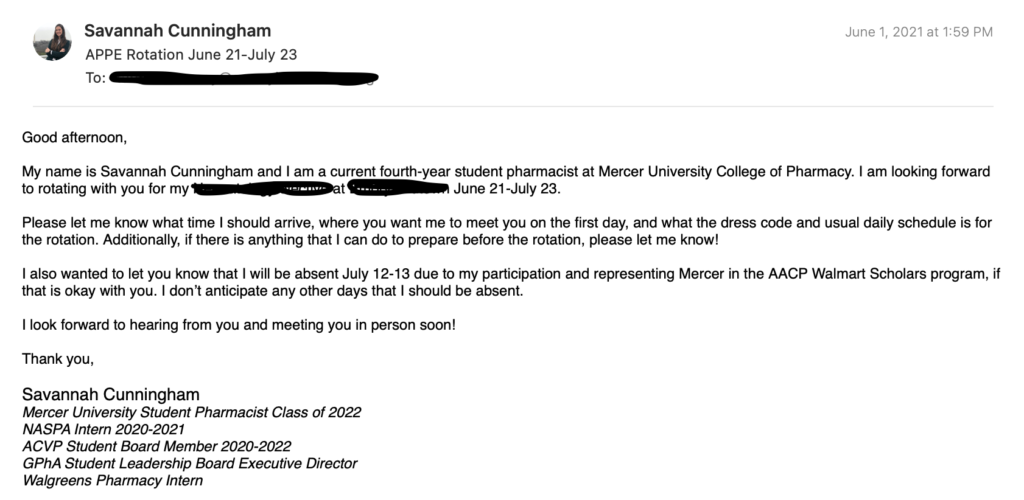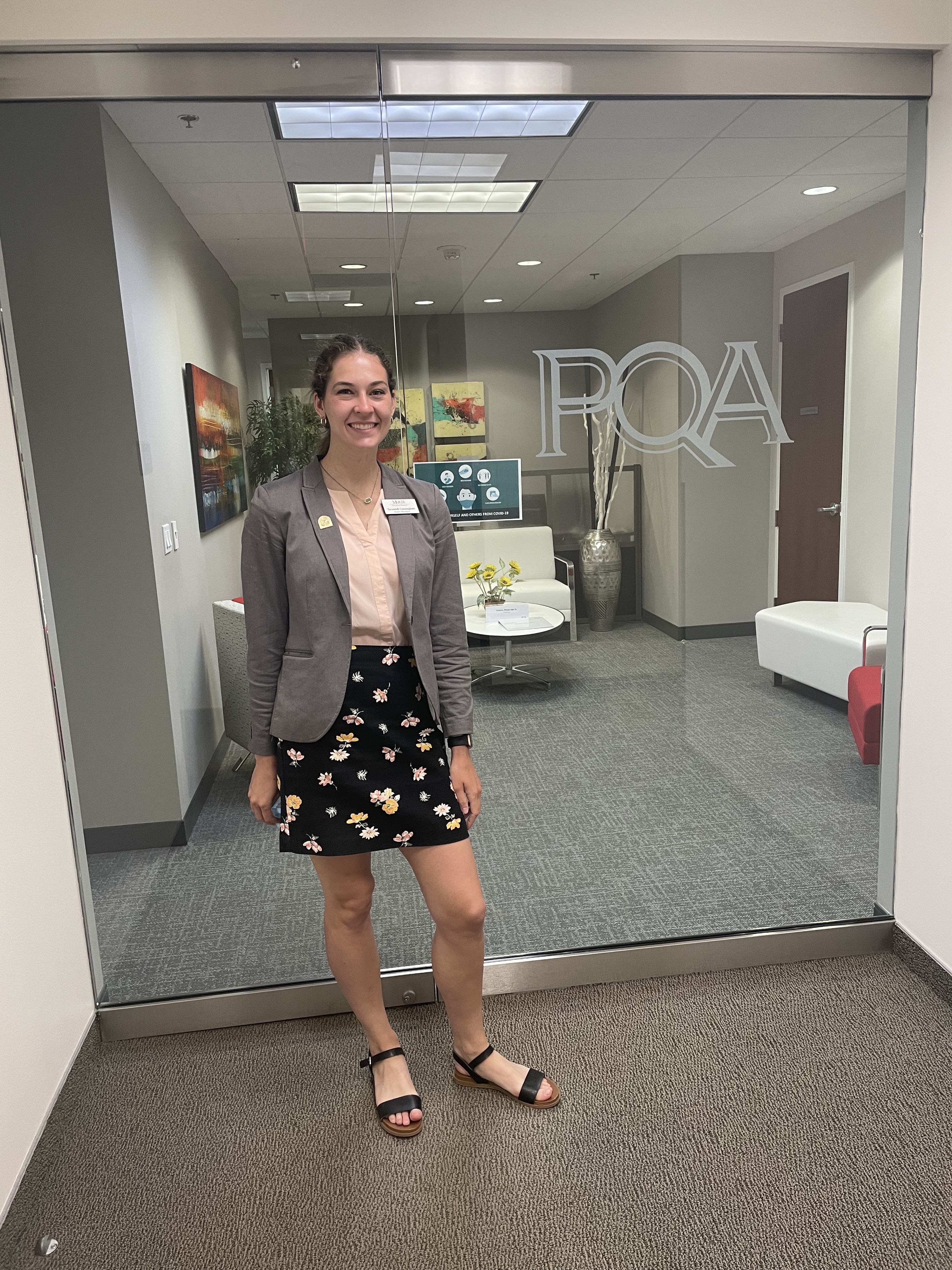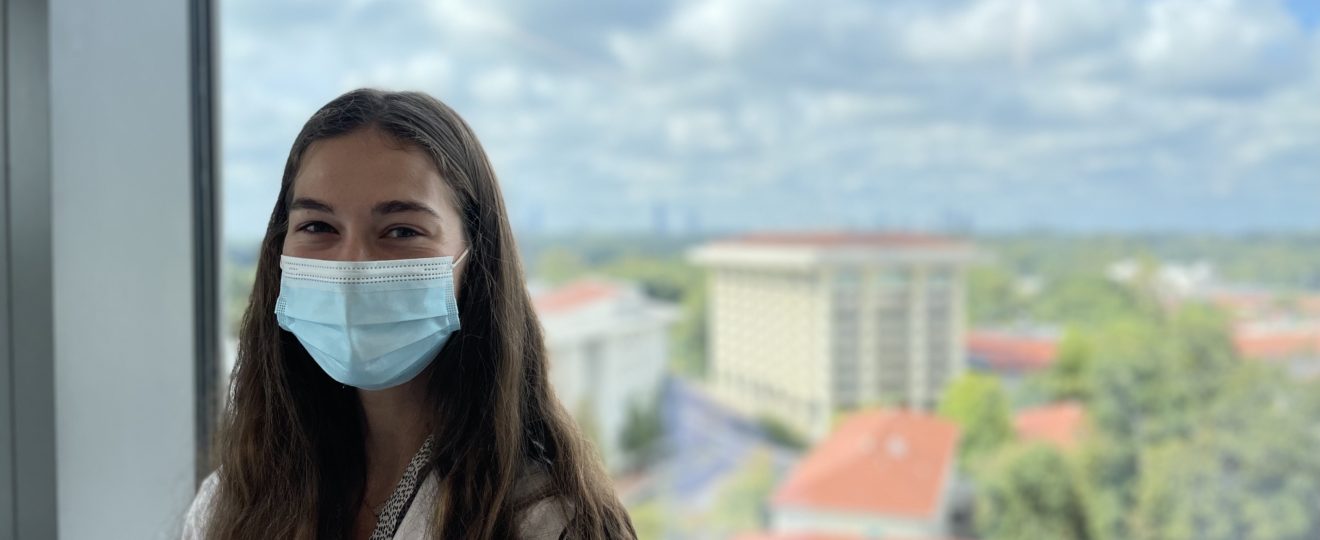3/2/2022
As I am nearing my very last rotation of pharmacy school experience, I thought it might be about time for another top 10 list! This one is all about how to be successful during your fourth year APPEs. I have really enjoyed all my rotations, learned a lot, and so far have gotten As in all of them, too! So here are my top tips for success as I approach graduation in just a couple months.
- Email your preceptor 2-3 weeks beforehand. Ask for a typical schedule, what to bring/wear, what to prepare or review beforehand, and let your preceptor know any dates that you will be absent.

2. NEVER be late or ask to leave early. I always leave my house WAY early on the first day to make sure I have plenty of time to find parking and make my way to the pharmacy or set meeting location with my preceptor before the time we agreed upon. Even if your scheduled shift is 9 AM-5 PM, that doesn’t mean you automatically get to leave exactly at 5 PM. Wait for your preceptor to formally dismiss you.
3. Ask questions and stay engaged, act like you care even if you may not be interested in the practice area or specialty that you’re rotating in. If you don’t understand something during rounds or during a topic discussion, follow up with your preceptor to clarify.
4. Don’t use your phone! It is so unprofessional to text or check emails while you’re actively on rotation with your preceptor.
5. As far as appearance, you should always wear a clean and pressed white coat, and either business professional/casual or clean, wrinkle-free scrubs depending on the practice setting and what your preceptor has told you is acceptable dress code.

6. If you don’t know how to answer a question your preceptor asks you (typically in a clinical setting), an appropriate answer is “I’m not sure about that, but I will research and get back to you as quickly as possible.” If they want an answer immediately, use your best guess and back it up with your reasoning, “I’m not sure, but I think an ACE inhibitor would be appropriate in this patient, and my thought process is…”
7. Important things to bring:
- Snacks/lunch and a water bottle
- A journal to take notes and make notes to follow up on questions/projects later
- A clipboard with common lab values and clinical details to refer to
- Laptop & charger (I have exclusively used my personal laptop during almost every rotation)
- School name tag & ID badge for your rotation site
- Pens & a highlighter
8. Ask for feedback at midpoint if your preceptor doesn’t give it to you unprompted and make changes if necessary.
9. Plan ahead for projects and requirements to get them done early instead of making your last week incredibly busy. Ideally, ask for a calendar and go over the syllabus and expectations within the first week.
10. Don’t forget to satisfy any requirements for school on time. For example, uploading evidence of learning documents, hours attestations, finishing up RxPrep quizzes, and completing self and site evaluations.





